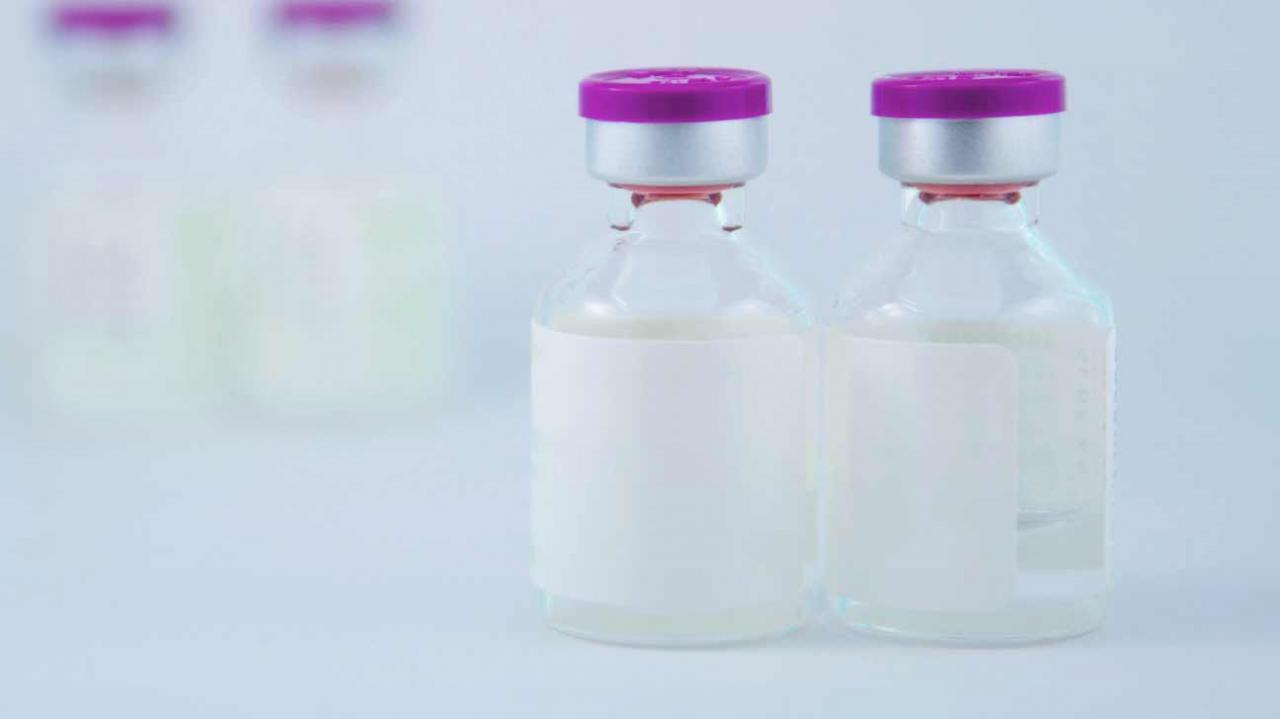Symptoms of Inflammatory Bowel Disease (IBD) can range from mild to severe, and can come and go for months or years at a time.
Some questions to ask your doctor include:
- What is IBD? IBD is a condition causing chronic inflammation of the digestive tract. Most commonly, IBD is either ulcerative colitis, or Crohn’s disease. Both are very similar and often hard to distinguish; both are commonly accompanied by abdominal pain and diarrhea. It can be painful, debilitating, and may lead to life-threatening complications.
- What causes IBD? IBD is thought to be mainly hereditary; mutations have been found in a gene called NOD2 causing more drastic cases of IBD. It also could be an inflammatory intestine response to a virus or bacterium.
- How is IBD diagnosed? One of several methods may be employed, including:
- Blood test – to detect anemia and signs of inflammation.
- Stool sample – to test for blood, or signs of an infection that can trigger a flare up.
- Colonoscopy or Sigmoidoscopy – allows the doctor to see the lining of the lower part of the large intestine. During this procedure, the doctor may do a small biopsy of large intestine tissue to view under a microscope.
- Barium X-ray
- Computerized Axial Tomography (CAT scan)
- Capsule endoscopy – allows the doctor to view the small, un-reachable intestine using colonscopy.
- How is IBD treated? IBD is typically treated with medicine, changes in diet and nutrition, adding nutritional supplements, reducing stress, increasing rest, and surgery in severe cases.
- At what point should I consider surgery? If your IBD does not respond to medications or change in diet or nutrition, your doctor may suggest surgery to remove the severely damaged portions of your intestine. It is important to remember that 65 to 75 percent of people with Crohn’s disease, and 25 to 40 percent of people with ulcerative colitis need surgery at some point.
- How does IBD effect my reproductive system? IBD can definitely affect your sex life, however, there are steps you can take to make sex easier. It could also make your monthly period more painful. IBD should not impede your ability to get pregnant, however, it is suggested that your IBD be six months in remission before getting pregnant. Consult with your doctor immediately if you suspect you could be pregnant as medications may be harmful to a developing fetus.
- How is stress and diet related to IBD? Diet and stress do not cause IBD, although they can make IBD harder to control. Discuss options with your doctor to improve wellness.
- Is alternative therapy an option for me? Commonly used alternative therapies include herbal and nutritional supplements, probiotics, fish oil, and acupuncture. Side effects and ineffectiveness of conventional therapy would be a reason to consider alternative care.
- Will my IBD increase my risk for developing colon cancer? Yes, IBD could increase risk, so it is important to work with your doctor on a wellness plan for sustaining health.
- What other health risks should I be aware of related to IBD? In addition to the risk of developing colon cancer, it also can be related to the development of anemia, malnutrition, arthritis and joint pain, weak bones, eye problems, liver inflammation, gallstones, red bumps or ulcers on skin, kidney stones, and in rare cases, lung problems.
Resources:
www.Womenshealth.gov Inflammatory Bowel Disease
www.Mayoclinic.com Inflammatory Bowel Disease
Christine Jeffries is a writer/editor for work and at heart, and lives in a home of testosterone with her husband and two sons. Christine is interested in women’s health and promoting strong women.



